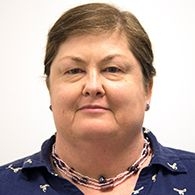
My name is Maree Farrow and I am a Senior Lecturer and Academic Lead for the Preventing Dementia MOOC, at the Wicking Dementia Research and Education Centre, University of Tasmania. I am a member of the ISLAND project research team. I have been working in the area of dementia prevention for over 13 years, initially with Dementia Australia and now with the Wicking Dementia Centre. My research focuses on understanding the most effective ways to educate people in the community about how they can reduce their risk of dementia. The world’s population is ageing, and the number of people living with dementia is set to triple by 2050. With no known cure, the best way to try and reduce the number of people who will be living with dementia is by targeting prevention. Reducing the level of modifiable dementia risk factors in the population could prevent millions of cases, but most people are unaware of this. That’s why education and other initiatives, like the ISLAND project, are so important. And that’s why my colleagues and I developed the Preventing Dementia Massive Open Online Course (MOOC) and The ISLAND Project, and are proud that we are enabling many thousands of people in Tasmania and beyond to understand and address their own dementia risk.
|
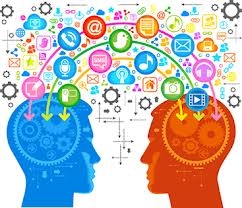
Maree's research has looked at what people know about dementia risk and she has found one thing many people do know is that mentally stimulating activity might reduce dementia risk. A lot of people believe that ‘use it or lose it’ does apply to brain health. And they are right, this is backed up by research evidence. Other people though, ask Maree “what about all the Professors who we hear about getting dementia"? Doesn’t too much brain exercise lead to dementia?” World leaders (Margaret Thatcher, Ronald Reagan), authors (Terry Pratchett, EB White, Iris Murdoch) and many others (Hazel Hawke, Glenn Campbell, Robin Williams) who clearly used their brains a lot experienced dementia. This highlights that when it comes to dementia prevention, there are no guarantees. What we know is that if we compare a group of 1000 people with high cognitive reserve from a mentally stimulating life with a group of 1000 people with low cognitive reserve, about half as many people in the high cognitive reserve group will get dementia, and they will develop it later in life, compared to the other group. So, we can’t guarantee we won’t get dementia, but we can put ourselves in that lower risk group and potentially delay the onset of dementia. What mental activities are the best for reducing dementia risk and how much do I have to do? The truth is, we don’t really have a definitive answer for the best type, amount, or frequency of cognitively demanding activities that might protect against dementia.The evidence comes from studies that have investigated a very wide range of activities people do in education, work and leisure time, across the lifespan. So, we can’t say that brain training is better than piano lessons, or crosswords, or anything else. We can say that being mentally active is important for brain health and that activities that challenge you and involve new learning and problem solving will likely be more beneficial than simple repetitive activities. So, if you are a wiz at crosswords, keep doing them if you enjoy it, but try something new and challenging as well. One thing that is often recommended is taking up a new hobby. If you need some inspiration, Google Hobbies is a great site for inspiration.
|
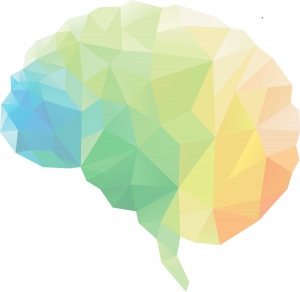 | 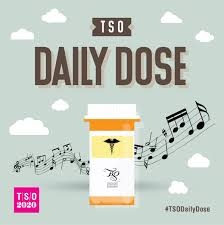 | 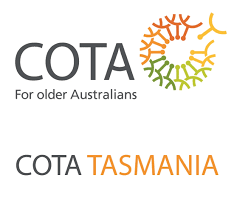 |
Want to learn more about the brain? | Get a daily dose of music | Discover a local activity to try |
Ever wondered what part of the brain is responsible for forming memories, decision making, regulating body temperature or comprehending language, just to name a few functions? The Society of Neuroscience has developed an interactive brain model. The web link below will take you to this model.
Click here for interactive brain model | The Tasmanian Symphony Orchestra (TSO) connects and shares with you, online, a daily dose of music. It's their way of staying connected with audiences, supporters and friends during these challenging times. Each morning the TSO posts a clip, including excerpts from recent performances, interviews, show-and-tell demos, chamber music and tracks from our extensive recorded archive. TSO daily dose | The Council of the Ageing (COTA) Tasmania has put together a selection of activities you can undertake during times of physical distancing. At the link below, there are a range of physical, social and learning activities you might want to check out! COTA activities |
|
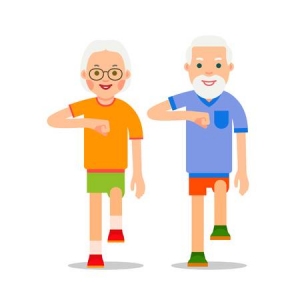
Safe exercising at home-a national collaboration
Not as active as before social distancing restrictions? Want to get more active or try some new exercises? Leading clinicians and Australian university physiotherapy researchers, in conjunction with the University of Tasmania, have created a website to demonstrate ways to exercise safely at home. Older people of all physical abilities have been catered for in this website and the link is below. You will find instructional videos and information aimed at three varying levels of function and fitness, including tips on staying motivated and safe while exercising at home. The website gives you expert exercise advice with easy to follow videos and also provides the choice to start with some simple exercise programs, allowing you to choose more challenging programs to build up your strength and balance.
Safe Exercising At Home Website
|